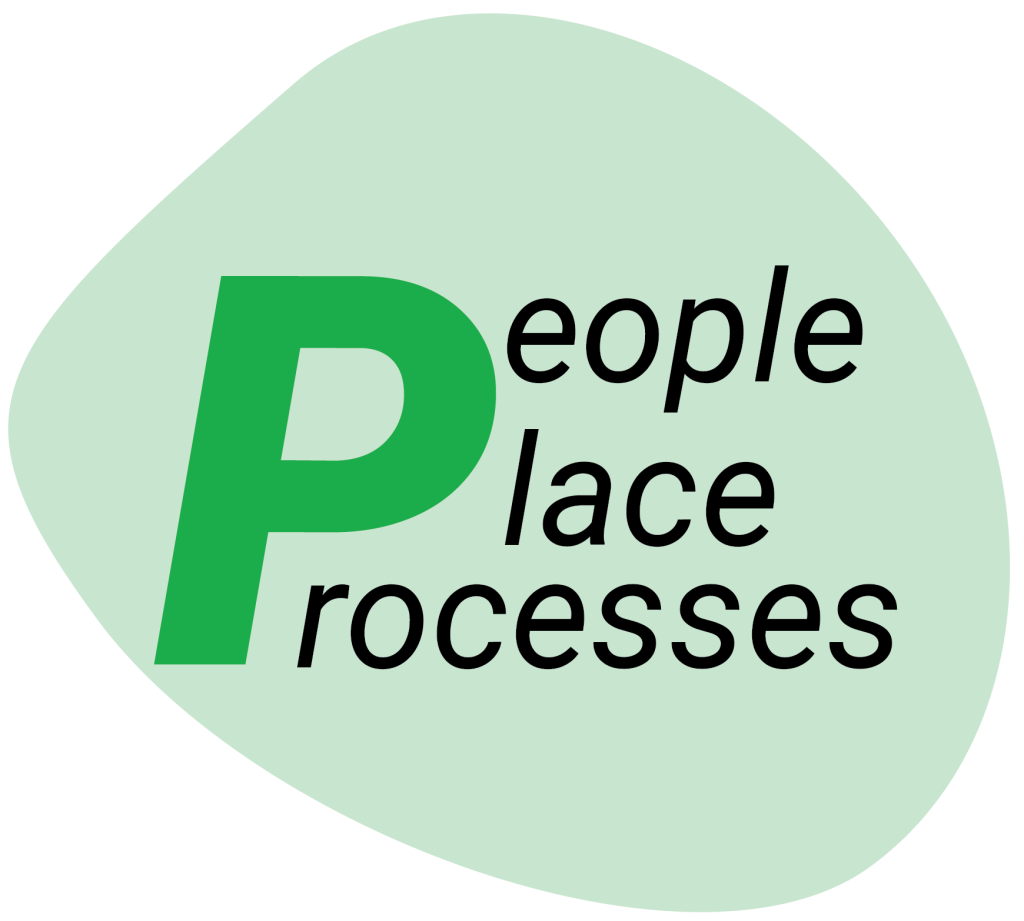Call for Proposals
OVERVIEW
enSURE is a multidisciplinary, action-oriented programme that functions as a comprehensive studio for guiding projects in architecture and urban studies, adopting concurrent and curated methods of design development. The mentorship provides individual, dedicated support to advance selected proposals with the refinements necessary for publication.


STREAMS AND DISCIPLINES
In line with the Sustainable Development Goals (SDG), specifically SDG 11 (which seeks to make cities and human settlements inclusive, safe, resilient and sustainable), we propose the verticals of built environment, socio-economic and socio-political tenets.
PROPOSED RESILIENCE MATRIX (VERTICALS) AND THE THREE Ps
Built & Unbuilt Environment or “Place”
Socio-economic: Social Capital and Financial Capital or “People”
Governance, Administration and Politics or “Process”
Architecture (Space-making, Organisation, Orientation, Built Volumes, Material, Vernacular and Tradition, etc.)
Human Capital (Skills, Knowledge Systems, Experience and Well-being)
Urban Governance (Stakeholders, Powerholder, Decision Makers, Role of the Government, Citizen, Bottom-up Approaches, ICT, etc.)
Urban Planning (Urban and Natural Systems, Infrastructure Systems, Management, Distribution and Implementation Strategies)
Social Capital (Social Networks, Alliances, Associations etc.) for Measuring Community Resilience with Toolkits and Standards
Policy and Law (Scrutiny of Existing and New Schemes in the Field of Resilience, Applicability and its Spatial Reflections)
Urban Design (Place-making, Walkability, Inclusivity, Proximity, Density, Diversity, Accessibility, etc.), Space-syntax, and Intangibles such as Perception and Experience
Economic Assets (Capital, Debts and Savings, Instantaneous and Dynamic Resilience, Diversity, Access to Education, Employment, Skill Development, etc.)
Building Regulation, Urban Development Regulations and Impact on Resilience
Urban Geography - Mapping Strategies, Role of Geographic Information Systems, Drone Surveys, etc.)
Socio-economic: Neighbourhood Capacity (Organisational Resources)
Tacit Knowledge Systems (Traditional Knowledge, Indian Knowledge Systems, Opportunities, Critique, etc.)
Built & Unbuilt Environment or “Place”
Architecture (Space-making, Organisation, Orientation, Built Volumes, Material, Vernacular and Tradition, etc.)
Socio-economic: Social Capital and Financial Capital or “People”
Human Capital (skills, knowledge systems, experience and well-being)
Governance, Administration and Politics or “Process”
Urban Governance (Stakeholders, Powerholder, Decision Makers, Role of the Government, Citizen, Bottom-up Approaches, ICT, etc.)
Built & Unbuilt Environment or “Place”
Urban Planning (Urban and Natural Systems, Infrastructure Systems, Management, Distribution and Implementation Strategies)
Socio-economic: Social Capital and Financial Capital or “People”
Social Capital (Social Networks, Alliances, Associations etc.) for Measuring Community Resilience with Toolkits and Standards
Governance, Administration and Politics or “Process”
Policy and Law (Scrutiny of Existing and New Schemes in the Field of Resilience, Applicability and its Spatial Reflections)
Built & Unbuilt Environment or “Place”
Urban Design (Place-making, Walkability, Inclusivity, Proximity, Density, Diversity, Accessibility, etc.), Space-syntax, and Intangibles such as Perception and Experience
Socio-economic: Social Capital and Financial Capital or “People”
Economic Assets (Capital, Debts and Savings, Instantaneous and Dynamic Resilience, Diversity, Access to Education, Employment, Skill Development, etc.)
Governance, Administration and Politics or “Process”
Building Regulation, Urban Development Regulations and Impact on Resilience
Built & Unbuilt Environment or “Place”
Urban Geography - Mapping Strategies, Role of Geographic Information Systems, Drone Surveys, etc.)
Socio-economic: Social Capital and Financial Capital or “People”
Socio-economic: Neighbourhood Capacity (Organisational Resources)
Governance, Administration and Politics or “Process”
Tacit Knowledge Systems (Traditional Knowledge, Indian Knowledge Systems, Opportunities, Critique, etc.)
This initiative aims to bring together experts from the fields of architecture, product design, urban planning, urban design, sociology, geography, economics, urban policy and governance. The conference seeks to foster transdisciplinary collaboration in pursuit of one primary goal —SUstainable and REsilient environments.
The programme is organised around three key objectives:
- To propose a broader matrix of resilience and sustainability.
- To consolidate this matrix under the subthemes of the three Ps (People, Place and Process) to define their relevance, indicators and measurable outcomes.
- To identify the distinct contributions of each proposal within these domains, align them with appropriate experts and to deliver lectures to guide participating teams and individuals in conducting real-time projects and research in their respective contexts.
CALL FOR PROPOSALS
Students, researchers and professionals interested in participating in this programme are encouraged to submit an extended abstract of their project. For more details about the programme, please download the enSURE brochure.
- All selected work will be compiled as conference proceedings, with further encouragement and support towards indexed publication.
- The mentorship programme will aid in refining their focus (both in terms of topic or theme) and their specific area of inquiry, with the overall aim of enhancing research acumen.
- Participants will receive topic and context-specific guidance from experts across disciplines, including tools, methodologies and critical insights.
- Proposals may comprise real-time projects or research-based concepts. This closed-group programme enables tailored mentorship and constructive peer review at periodic intervals (from initial ideation through to the development of a comprehensive final report).
- Participants will receive formal acknowledgement from all partnering universities, including a certificate of participation and, where feasible, cash awards for the best work(s).
- UG and PG students from identified disciplines (B.Arch, B.Plan, M.Arch, M.Plan and Allied Urban Studies)
- Ph.D. scholars
- Professionals in urban development and design sector
15 projects based on the abstracts submitted will be selected for the mentorship. The registration fees are to be paid after selection of the project for the programme. The participation details are as follows:
- Individual: ₹ 5000/- per person
- Team comprising upto 3 members: ₹ 9,000/- per team
KNOWLEDGE PARTNERS

Centre for Development Studies and Activities, Pune
- Prof. Aneeta Gokhale Benninger
- Mr. Lawrence Siddhartha Benninger
- Mr. Aditya Sathe

Complex South
- Dr. Binti Singh
- Dr. Mangesh Kurund

Institute of Urban Designers India (IUDI) Karnataka Chapter
- Ar. Rajeev Malagi
- Ar. Aruna Sujit
- Ar. Sanjog Shetty

Indian Green Building Council (IGBC)
- Ar. Nanditha Nagaraj


